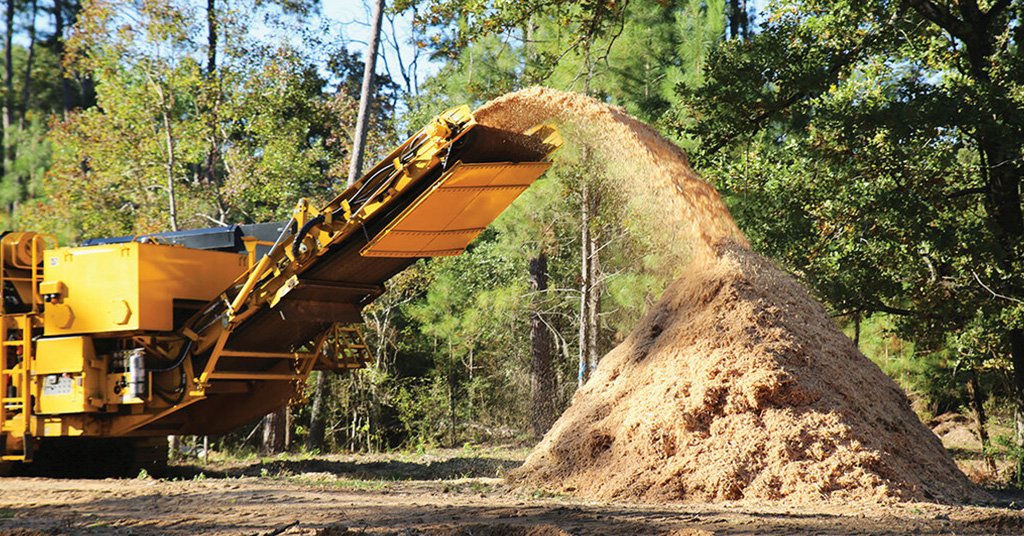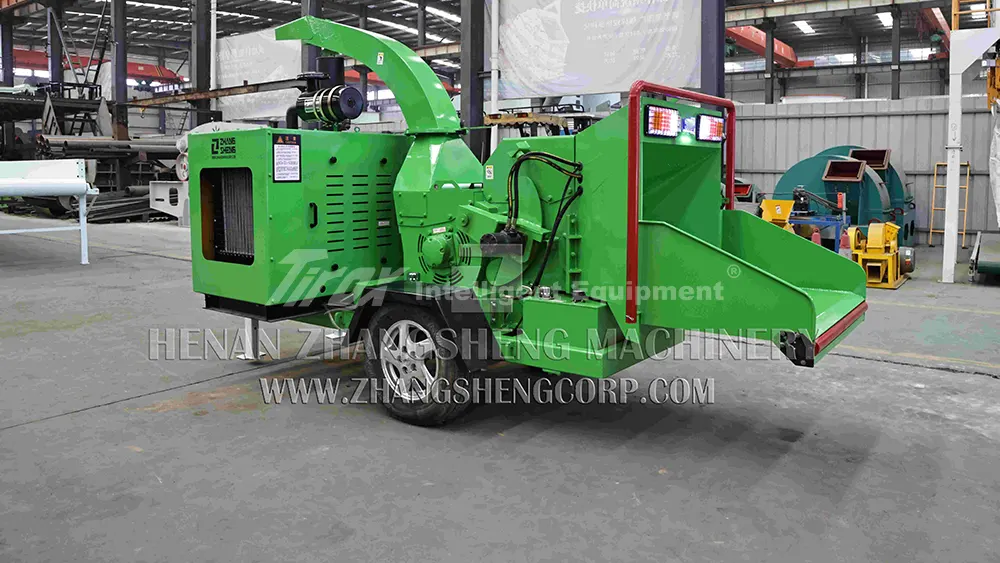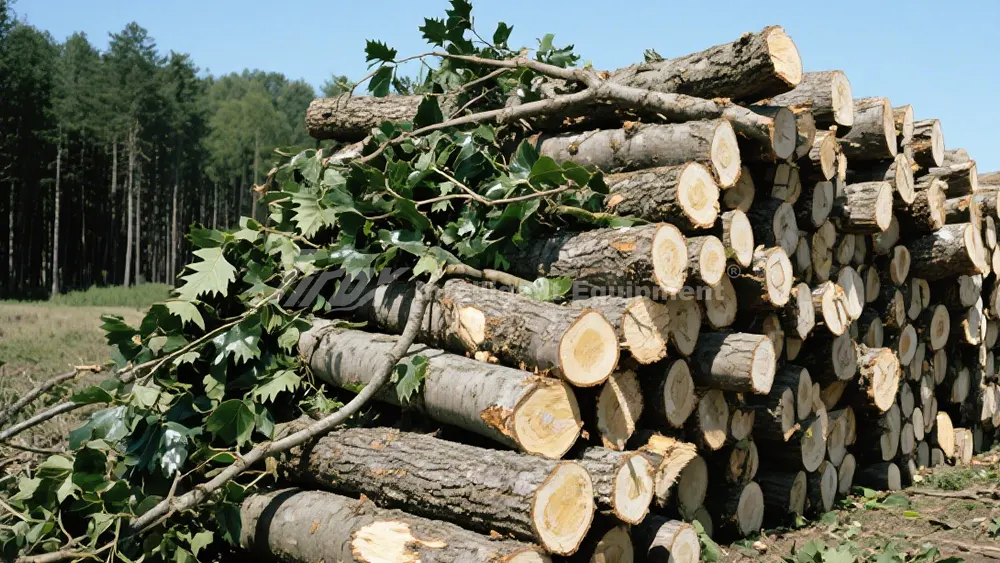You’re looking at a solution for your woody debris, but the upfront cost of a wood chipper can feel daunting. Is it really worth the investment, or will it just be another expense that sits idle?
Buying a wood chipper can be a very good investment, especially for those who regularly generate significant wood waste, as it saves on disposal costs, creates valuable reusable materials, enhances operational efficiency, and can even generate revenue over time.
From my 22 years in the wood equipment manufacturing business, I have seen many customers start with questions about the initial price tag. But what they soon discover is that a wood chipper isn’t just about getting rid of wood; it’s about transforming waste into a valuable resource and optimizing your operations.
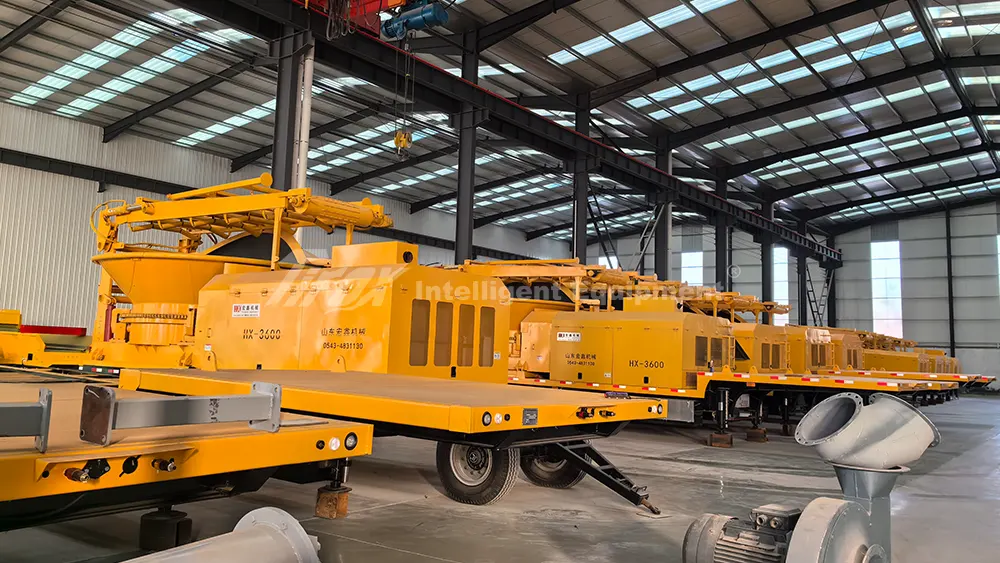
How much does a wood chipper make?
You’re trying to crunch the numbers. A wood chipper costs money, but can it actually “make” money or save enough to justify its price? You might be wondering how the financial return truly works.
A wood chipper “makes” money by significantly reducing disposal and transportation costs, increasing operational efficiency, and generating revenue through the creation of valuable products like mulch, biomass fuel, or saleable wood chips.
My customers often tell me stories about how a chipper transformed their bottom line. I remember a customer who owned a small orchard. He was spending a lot on hauling away pruned branches each year. After buying one of our smaller wood chippers, he not only saved on disposal costs, but he also started mulching all his trees with the chips. This improved his fruit yield. He told me the chipper paid for itself in two seasons just from the hauling costs saved. He also liked having mulch whenever he needed it. Looking at it from a business perspective, a chipper makes money through direct cost savings and potential revenue streams. For businesses like landscaping services, forestry companies, or large farms, a chipper is essential for their operations. It directly impacts their efficiency and profitability [16].
Reduced Disposal and Transportation Costs
This is where the most immediate savings come in. Think about the time and effort you spend cutting branches into small pieces to fit in a bin, or hauling them to a disposal site. A chipper can do that work in a fraction of the time. Instead of paying to haul away bulky wood waste, you convert it into a much smaller, dense, and manageable form. For our B2B customers in forestry, our tracked chippers and grinders let them process wood right where it’s cut, even in rough forest terrain, saving big costs on transport. This means fewer trips to the landfill, lower fuel costs, and reduced disposal fees.
Revenue Generation from Products
The output of a wood chipper isn’t trash; it’s a valuable commodity. You can sell wood chips for various uses:
- Biomass Fuel: Chips are used as a renewable energy source for heating or electricity generation [9].
- Landscaping Mulch: Demand for high-quality wood mulch is strong, especially from nurseries, landscapers, and homeowners.
- Compost Material: Wood chips are a key “brown” component in composting, which can then be sold for soil enrichment.
- Animal Bedding: Some farmers buy chips for comfortable and absorbent animal bedding.
For example, our industrial-grade horizontal grinders can process up to 50 tons per hour. They can recoup their investment in just 18 months. This shows the direct financial gain from turning wood waste into valuable products.
Increased Efficiency and Productivity
A wood chipper, especially an industrial one, can significantly increase the productivity of your operations. Instead of manual labor for cutting and hauling, a machine does the heavy work quickly. This frees up your workforce for other tasks, leading to better overall efficiency. High-quality equipment may have a higher initial cost, but it can reduce maintenance costs and improve production efficiency over time. This leads to higher long-term returns. This makes it a smart investment for businesses looking to optimize their workflow and turn waste into wealth [8][15]. You can explore how these machines work at our Tirox wood chipper page.
Can you make money from wood chips?
You’ve generated a significant pile of wood chips. You’ve heard they’re useful, but can they actually be a source of income, rather than just a way to manage waste? You might be wondering if there’s a real market for them.
Yes, you can absolutely make money from wood chips by selling them for various applications, including biomass fuel, landscaping mulch, compost, animal bedding, or raw material for manufacturing, transforming what was once waste into a valuable commodity.
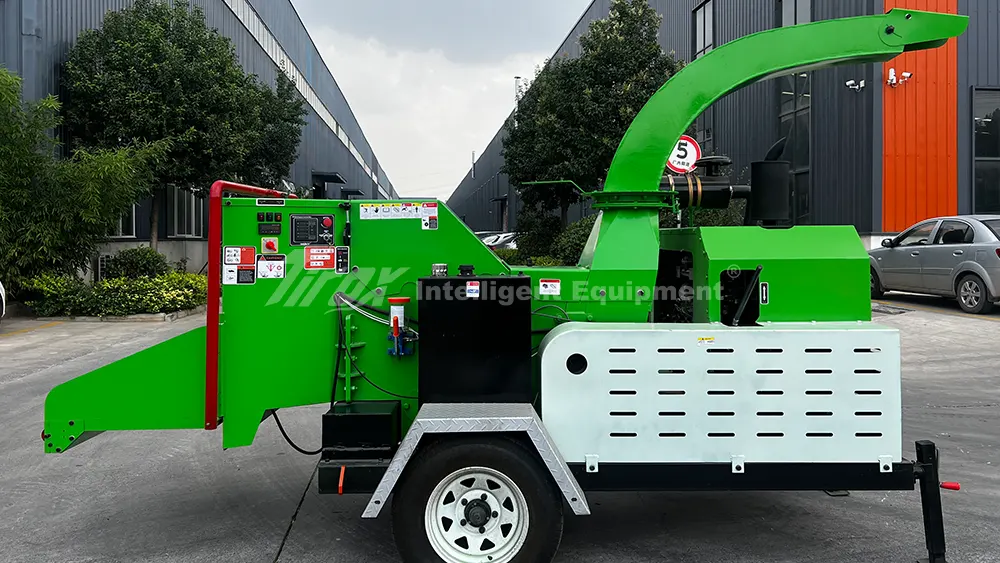
In my years helping businesses choose the right equipment, I’ve seen countless examples of customers turning wood waste into revenue. The point of a wood chipper goes beyond just making things smaller; it’s about making waste manageable and creating useful products from wood. When you cut wood into small pieces, you can use it to make other things. This means you don’t have to throw it away [9]. When you don’t throw things away, you can use them again. When you use things again, you can make more money.
Selling as Biomass Fuel
One of the largest markets for wood chips is the renewable energy sector. Power plants and industrial facilities use wood chips as a sustainable fuel source for generating heat and electricity. Companies actively seek consistent supplies of wood chips for their biomass boilers. The demand for biomass fuel is growing as industries look for greener alternatives to fossil fuels. Our range of wood chippers and horizontal grinders are designed to produce chips specifically sized for efficient energy conversion. Learn more about how wood recycling turns waste into wealth on our blog: The Value of Wood Recycling.
Landscaping and Horticultural Sales
Gardens, parks, and large properties constantly need mulch. Wood chips are an excellent natural mulch. They retain soil moisture, suppress weeds, and enrich soil as they decompose. You can sell directly to homeowners, landscapers, nurseries, or even municipalities. Some of our customers even bag their chips and sell them at local garden centers. People are often willing to pay for good quality, readily available mulch.
Composting Material
Wood chips are a crucial “brown” component in composting, providing carbon to balance “green” nitrogen-rich materials. Businesses that produce compost for sale, such as organic farms or large composting facilities, are potential buyers for your wood chips. The resulting compost is a valuable soil amendment, completing a sustainable cycle. For example, some farms use fine wood chips as animal bedding, which, after use, can be integrated into manure composting systems, creating a sustainable cycle.
Industrial Raw Material
Some industries use wood chips as a raw material for manufacturing. This includes the production of particleboard, MDF (medium-density fiberboard), and even paper pulp. While these applications often require specific chip sizes and qualities, the potential to sell to these industrial users can be significant for larger producers of wood chips. This shows the diverse opportunities to monetize your wood chips. You can research further details on wood chip applications on industry forums such as the Arboristsite.
Are wood chippers high maintenance?
You’re concerned about ongoing costs and potential headaches down the road. You might be asking if a wood chipper will demand constant attention or expensive repairs, making it less of an investment and more of a burden.
Wood chippers, especially quality industrial models, are designed for durability and offer manageable maintenance with proper care; key features like intelligent feed systems and robust components are engineered to minimize downtime and simplify upkeep.
From my perspective, working with industrial wood chippers for over two decades, I can tell you that quality equipment is built to last. When we design and manufacture our wood chippers, such as the ZSYL-1263, ZSYL-1063, our priority is always reliability and ease of maintenance. A reliable machine is crucial if you want to use it a lot. At TIROX, we equip our products with intelligent feed systems that monitor the load. This system can automatically adjust feed speed or stop feeding to prevent blockages, protecting the blades and diesel engine. This proactive approach significantly reduces wear and tear and prevents common operational issues.
Designed for Durability
Our machines use top-tier components. We offer diesel engines from global brands like Cummins and Perkins, making parts easy to buy and repairs simple to carry out. The build quality is crucial for longevity. For instance, our horizontal grinders have a reinforced steel structure weighing 20 tons to ensure stable operation even in extreme conditions and boast a 20-year lifespan. High-quality equipment may have a higher initial cost, but it can reduce maintenance costs and improve production efficiency over time.
Simplified Operation and Monitoring
We make our machines user-friendly. Intuitive control levers allow you to manage feeder functions effortlessly, like moving forward, backward, or stopping. We also include a smart control panel that displays key operating conditions, such as oil levels, water temperature, and running time. This helps you identify potential issues early, which minimizes major maintenance problems. For example, a horizontal grinder with 100% hydraulic technology minimizes failures, boosts productivity, and shortens your payback period.
Regular, Predictable Maintenance
Like any heavy machinery, wood chippers require regular maintenance. This includes:
- Blade Sharpening/Replacement: Keeping blades sharp ensures efficient cutting. Dull blades make the machine work harder.
- Lubrication: Regular greasing of moving parts.
- Fluid Checks: Monitoring oil and coolant levels.
- Cleaning: Removing debris to prevent buildup and overheating.
These are standard routines that ensure your chipper operates at peak performance and remains productive for years. If you choose a good company that will help you for a long time, it becomes much easier. You can always contact our professional team for consultation. Learn more about optimizing your operations by exploring our Tirox Horizontal Grinders product page.
Conclusion
Investing in a wood chipper can be highly beneficial by reducing costs and generating revenue, making them a wise choice for managing wood waste, especially when choosing durable, efficient models designed for manageable maintenance.


